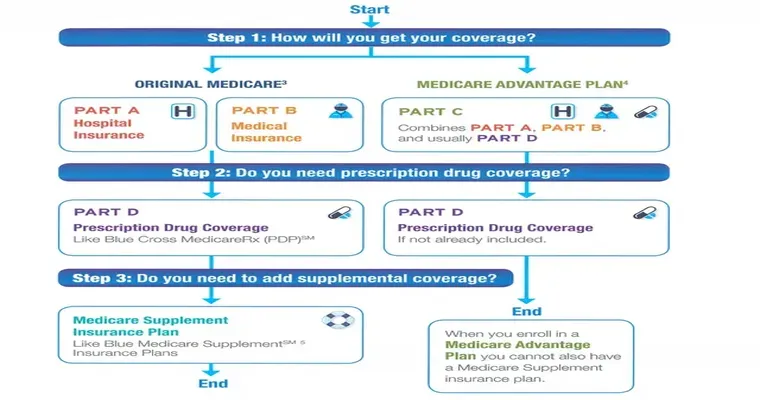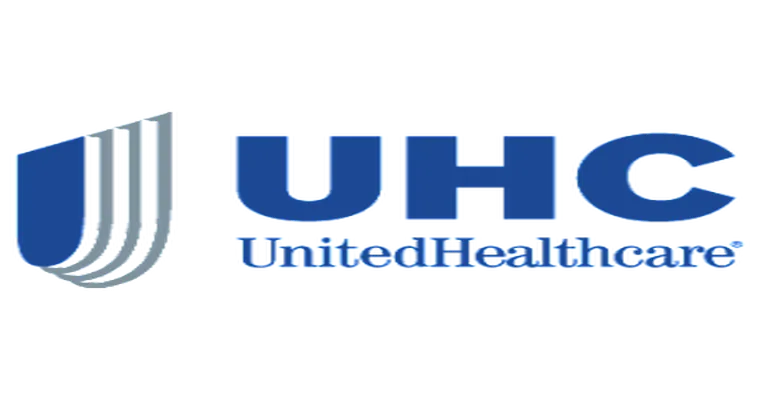Navigating the world of "health insurance coverage" can be daunting, especially for those approaching "Medicare eligibility". Many individuals find themselves in a gap period where they need to secure temporary coverage before they qualify for Medicare benefits. Understanding your options for getting health insurance is crucial for maintaining your health and financial stability.
Before you turn 65 and become eligible for Medicare, there are several avenues you can explore for obtaining health insurance coverage. The most common options include employer-sponsored plans, individual plans, and government programs such as Medicaid or the Health Insurance Marketplace.
If you are still employed, your employer may offer a health insurance plan that you can take advantage of until you qualify for Medicare. Employer-sponsored plans often provide comprehensive coverage, and if you are over 65, you may still be eligible for these benefits. Make sure to review your employer's policy and understand how it integrates with Medicare when you become eligible.
For those who are not employed or whose employer does not provide health insurance, obtaining an individual health insurance plan is another viable option. You can shop for plans through the Health Insurance Marketplace, where you may qualify for subsidies depending on your income. Individual plans vary in coverage and cost, so it is essential to compare different options to find one that meets your needs before transitioning to Medicare.
Additionally, individuals with limited income may qualify for Medicaid, a state and federal program that provides health coverage for eligible low-income individuals and families. Medicaid can serve as a bridge for healthcare needs until you reach Medicare eligibility. Eligibility requirements vary by state, so it is advisable to check with your local Medicaid office for specific criteria.
If you are nearing Medicare eligibility and have pre-existing conditions, it is also important to consider "short-term health insurance". While these plans do not provide comprehensive coverage and may not cover pre-existing conditions, they can offer temporary protection against unexpected medical expenses.
In conclusion, securing "health insurance coverage" before "Medicare eligibility" is essential for ensuring access to necessary healthcare services. Whether through employer-sponsored plans, individual insurance, Medicaid, or short-term coverage, it is crucial to explore all available options and make an informed decision. Taking the time to research and understand these choices can pave the way for a smoother transition into Medicare and continued health security.





